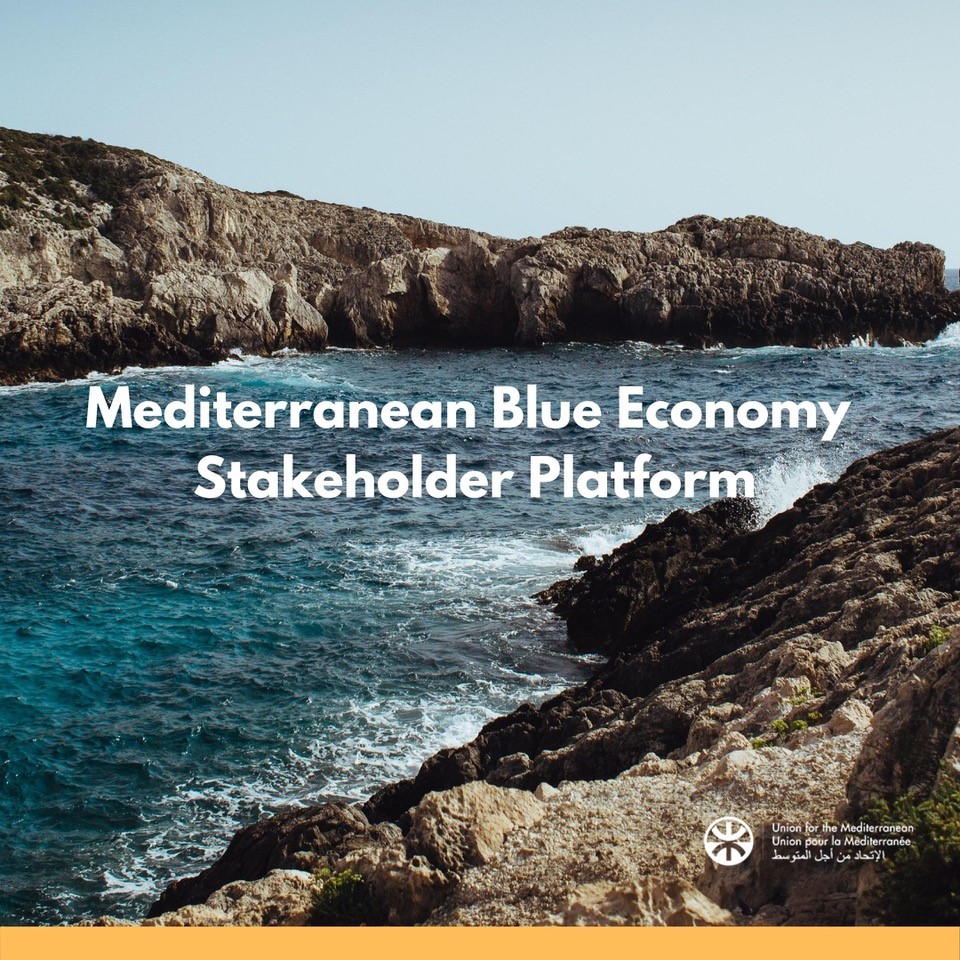The governance structure is designed in different levels to assure and assist with a continuous and regular regional dialogue around a common agenda on Blue Economy.
It is structured around three components and notably, the Blue Economy Working Group, the Stakeholder Conference/Event(s) and the Mediterranean Blue Economy Stakeholder Platform.
The well-established UfM Blue Economy Working Group that meets once or twice per year. The UfM Secretariat is in charge of organising the meetings, including up to 2 participants per member country and a broad range of representatives of different stakeholders categories (Managing Authorities, International Financial Institutions, Academia, Local Authorities, etc). Regular communication among partners ensures an effective functioning of the partnership between agencies during the overall implementation of the project’s activities. The main tasks of the group are:
- Review the whole implementation of the Ministerial declaration;
- Inform the group about regional and national advancements;
- Exchange views and information
- Review the implementation process and make decisions on the necessary changes that could potentially emerge;
- Review main project expected results and outputs;
- Propose measures to strengthen linkages with other relevant national, regional and global initiatives.
The importance of having Regional Dialogue Platforms.
Ministerial Declarations allow the UfM Secretariat to structure accordingly platforms for regional dialogue and cooperation. These regional platforms have involved a cooperative network of over 25,000 stakeholders from around the Mediterranean and involve Governments, Local authorities,
International and regional organisations, International Financial Institutions and donors, Universities and Think Tanks, Civil society and the Private sector.
